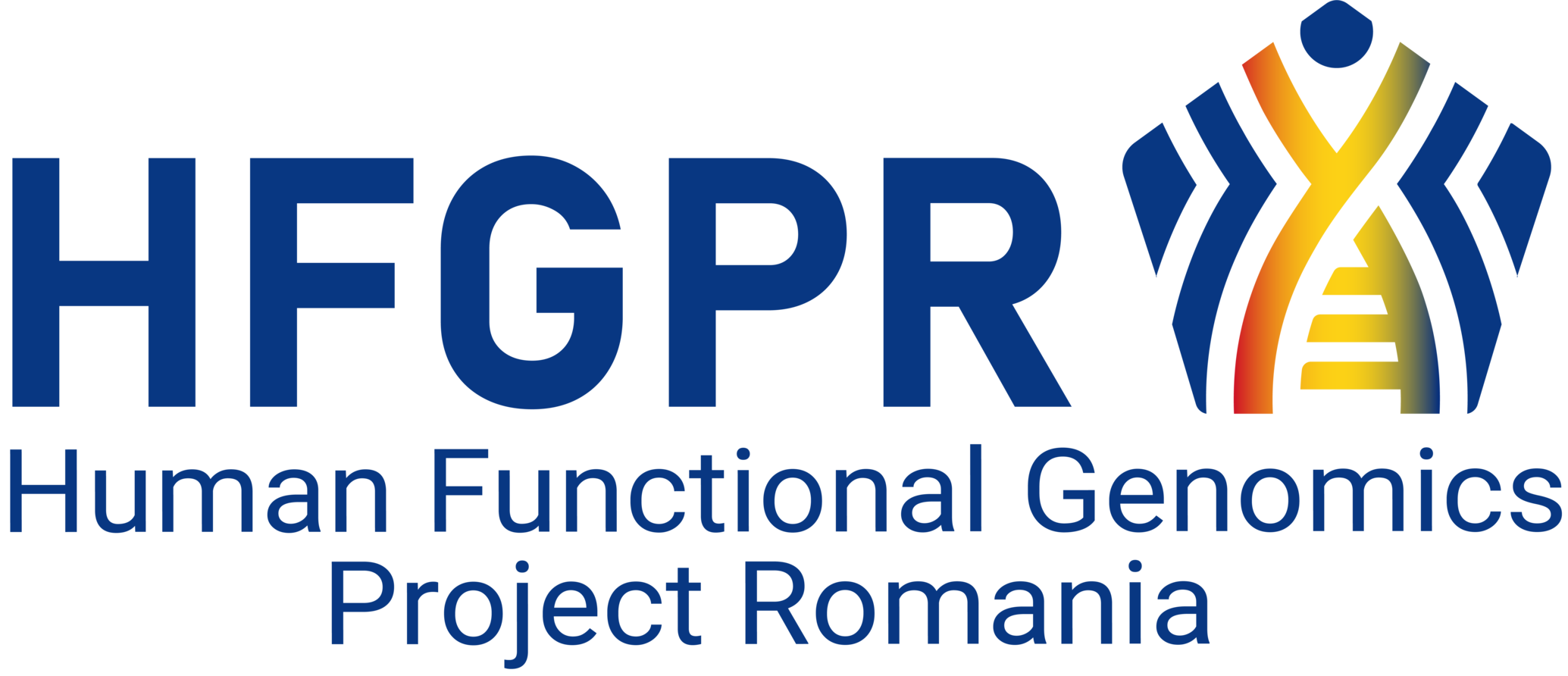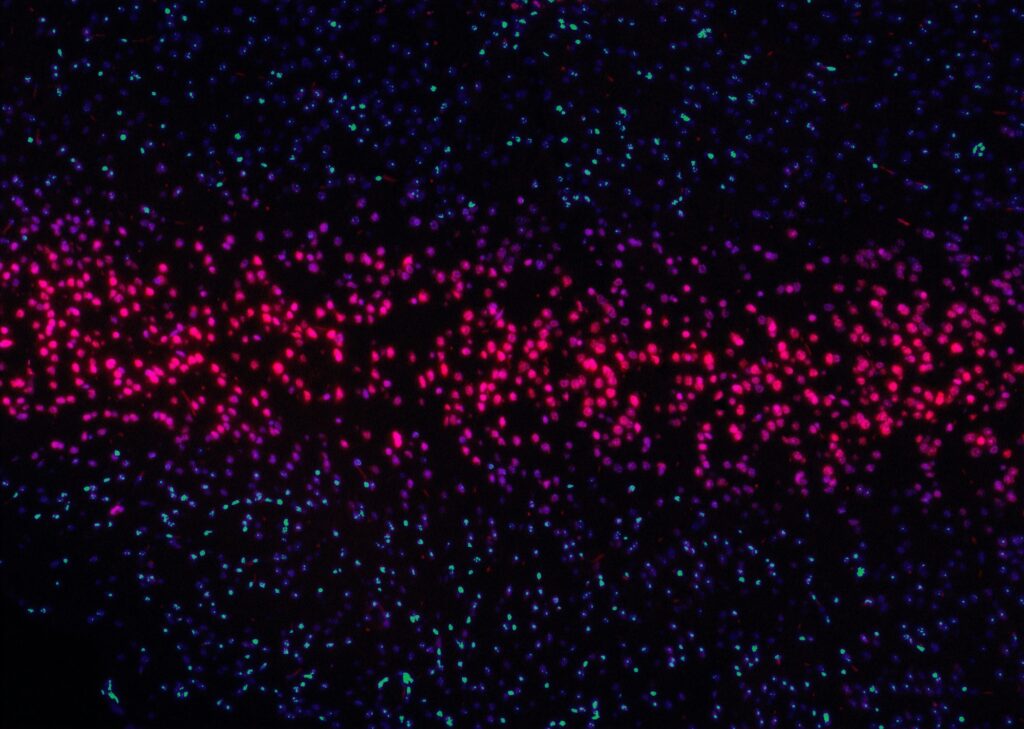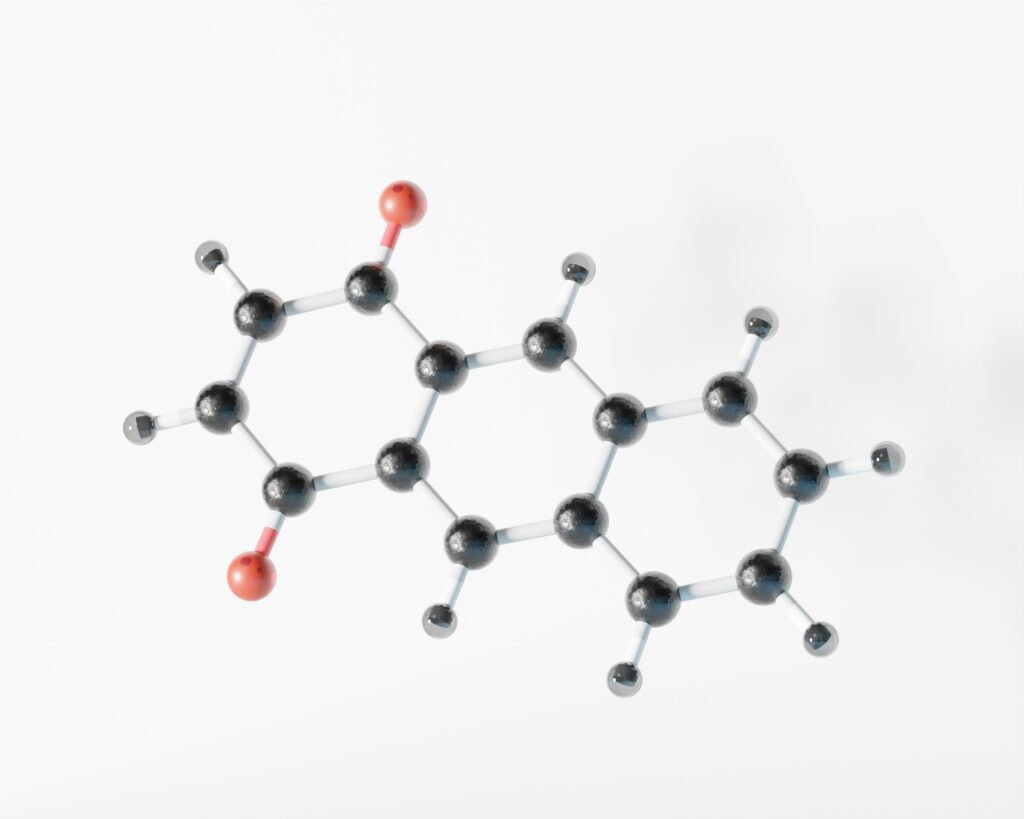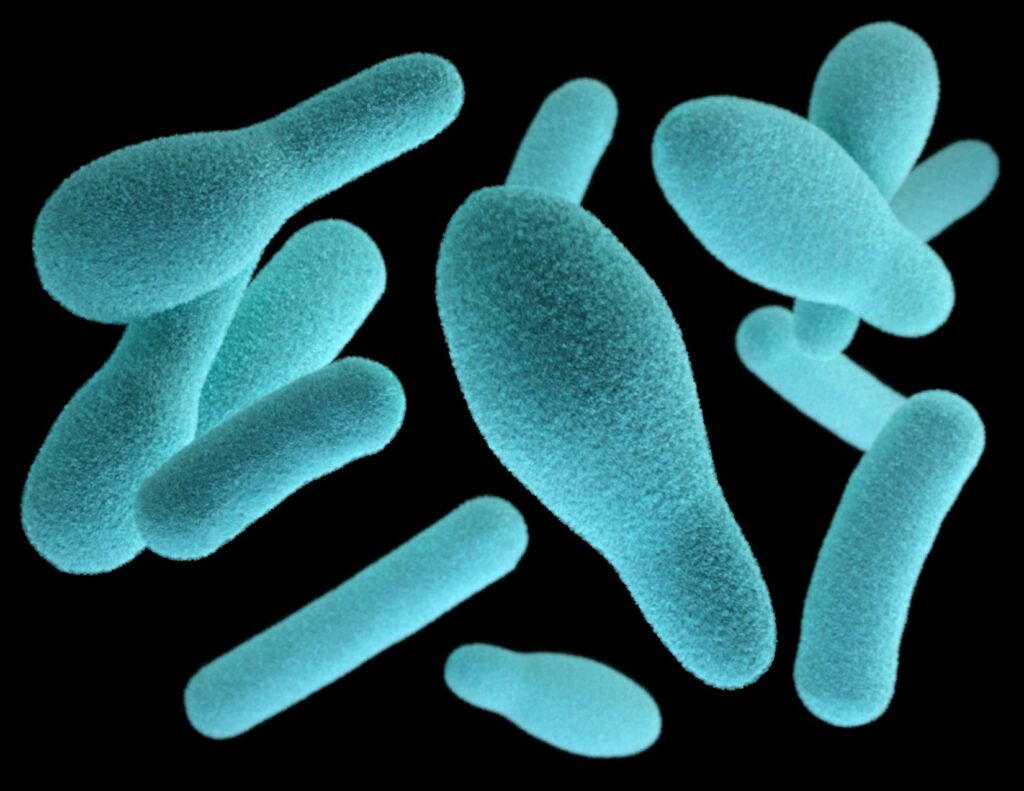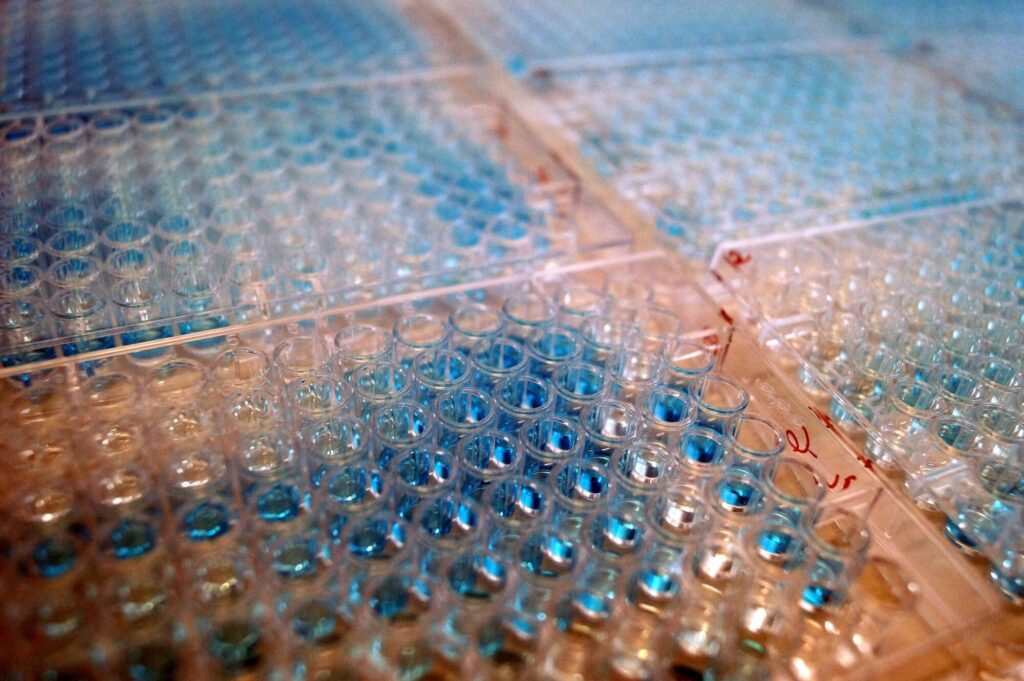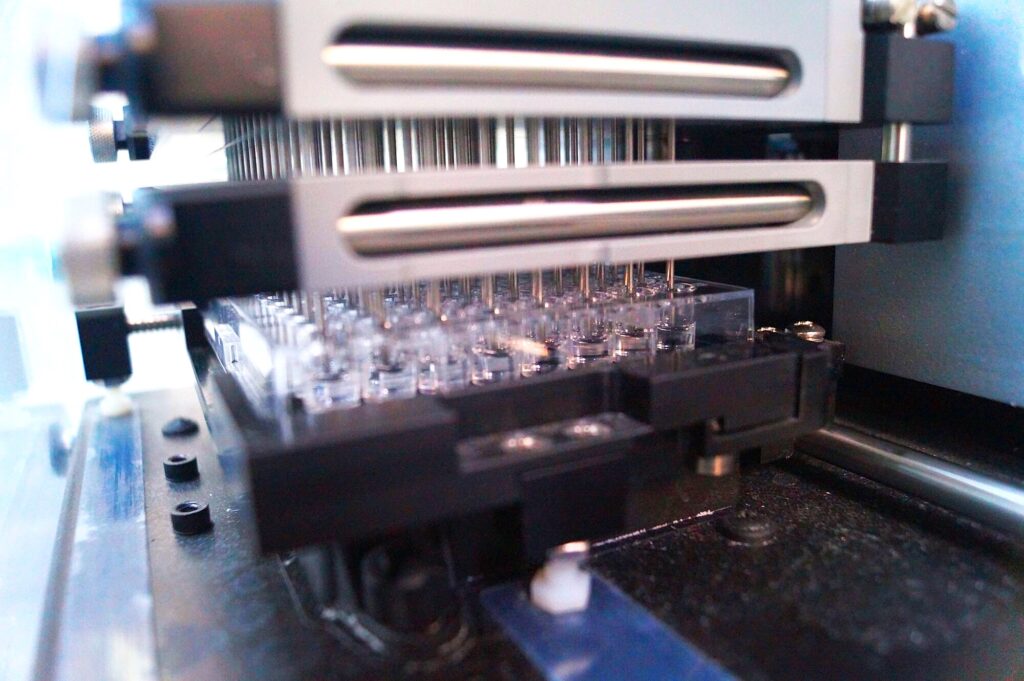Tools
Within our project, we gather various types of data using different tools and techniques. The most important ones are described below:
Questionnaires are completed by all participants, including information about health status, diet, and lifestyle.
DNA is isolated from EDTA blood, and multiple platforms are used for genomic analysis: Illumina SNP arrays, and whole exome sequencing is performed for some volunteers. DNA is available for extending genetic studies.
The transcriptome will be evaluated in various settings: whole blood profiles (collected in PAXgene tubes), and in vitro after stimulation of peripheral blood mononuclear cells (PBMC) with different pattern recognition receptor ligands, bacterial, viral, or fungal stimuli.
The metabolome will be measured in plasma and urine.
Bacterial composition will be determined using 16S sequencing and metagenomics using platforms developed by the Broad Institute/MIT within the Human Microbiome Project. Microbiome in fecal, oral, vaginal, and skin niches will be evaluated.
The distribution in blood of immune cell populations is measured using extensive FACS analysis.
Several sets of immunological data will be available:
Humoral immune responses: immunoglobulin subclasses.
Monocyte-derived cytokines and lymphocyte-derived cytokines will be evaluated after stimulation of primary human PBMC.
Monocyte-derived macrophages will be differentiated and stimulated in vitro.
Stimulations are performed with purified TLR ligands, whole bacteria: Gram-positive, Gram-negative, mycobacteria, viral (influenza), and fungal (Candida, Aspergillus) stimuli.
The concentration of various cytokines is measured in cell culture supernatants using ELISA.
In a subgroup of volunteers from the 500FG study, cognitive tests and functional brain MRIs are also available.
Additionally, additional materials such as DNA, microbiome samples, plasma, serum, and urine are available in the biobank for additional measurements in the future.

